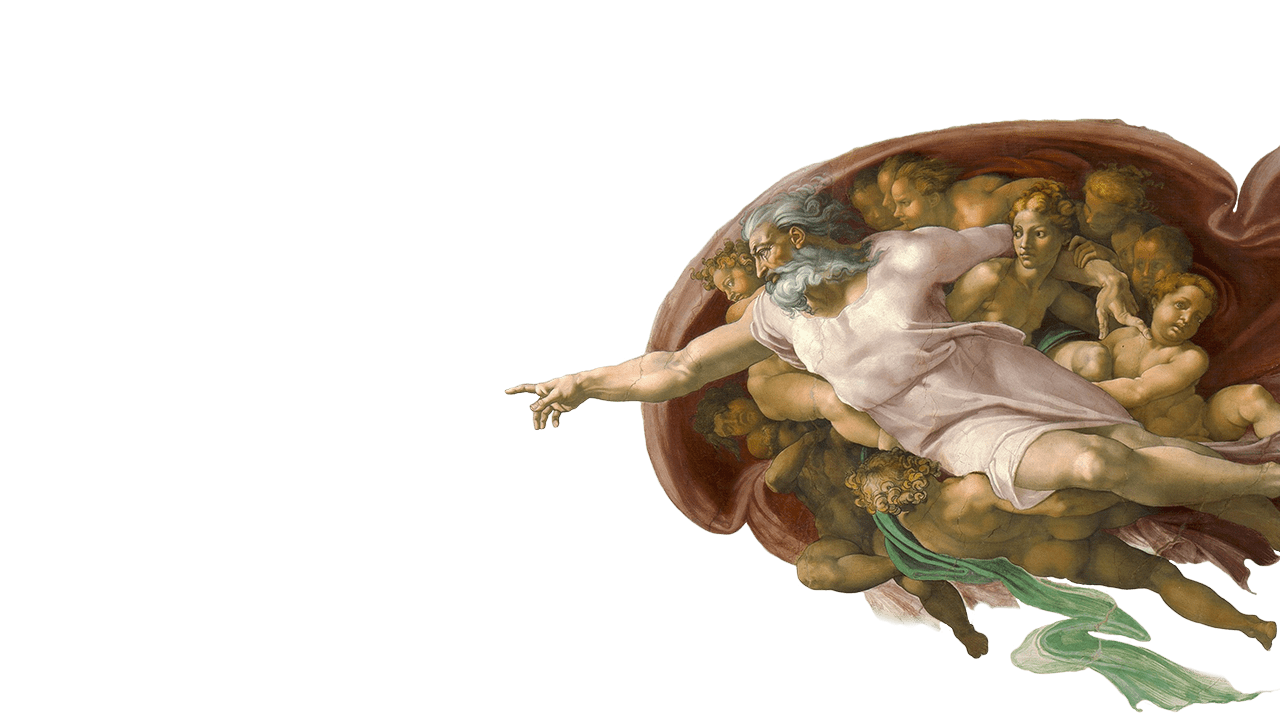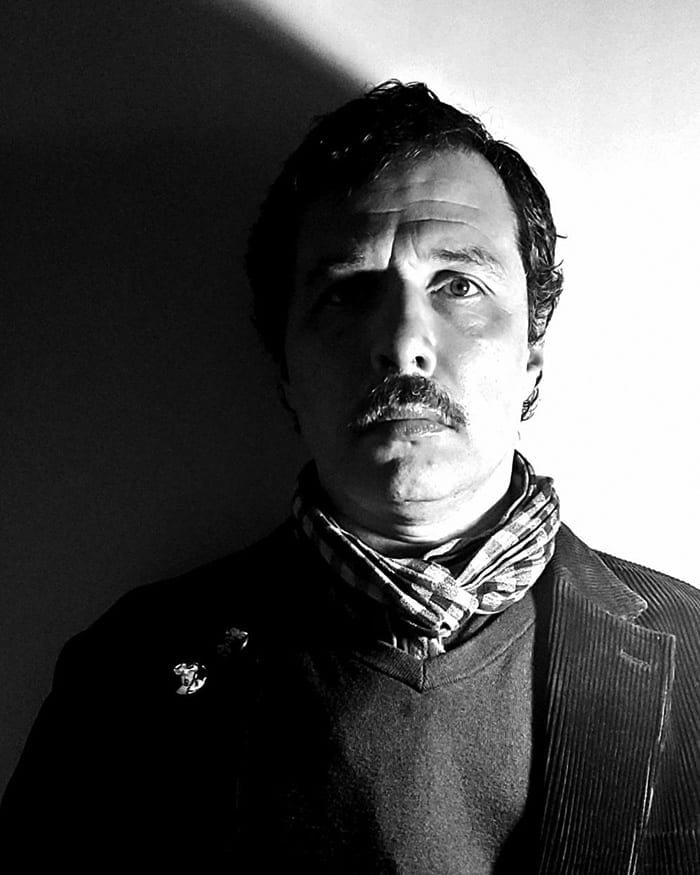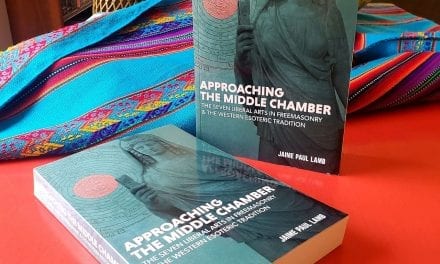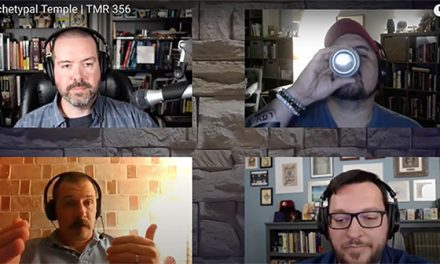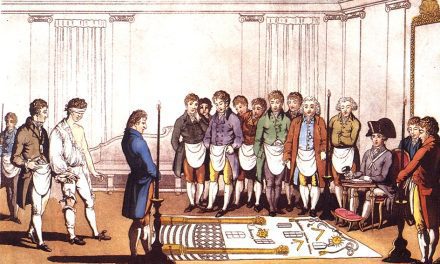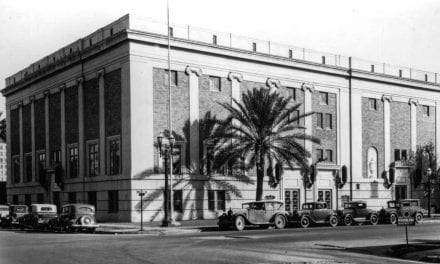It is a fair assessment to say that, in modern times, there has been increasingly popular tendency toward secularization. In the West, particularly, a mass exodus from the Abrahamic and other monotheistic faiths has been underway for some time. For example, a recent Gallup poll has shown that the number of Americans identifying as Christian has declined from 80.1% to 75% between the years 2008 and 2015. Currently, 21.3% of Americans declare no religious affiliation. [Percentage of Christians in U.S. Drifting Down, but Still High, Gallup.com, retrieved online] Sociological trends of this sort tend to progress exponentially; meaning, we may presume that this tendency will not only continue, but do so at an increasing rate of speed. [Religious Projections, Pewforum.org, retrieved online]
Bearing this in mind, we turn our attention to a certain clause in the Masonic Landmarks; namely, that the candidate for the degrees of Freemasonry must profess a belief in a Supreme Being. Since these Landmarks are somewhat malleable at the level of each jurisdiction’s Grand Lodge, we will focus on the wording of the question as propounded to the candidate in the state of Connecticut, viz. “Do you solemnly declare, in the presence of these witnesses, that you are a firm believer in the existence of a Supreme Being?” [Official Ritual of the Grand Lodge of Connecticut A.F.&A.M., 2010] It is important to note that the candidate is never asked if he believes in Yahweh, Jesus, Allah, Mithras, Buddha, et al., nor should it ever be the business of a Mason to question the candidate beyond an affirmative answer to the question as propounded. Neither the candidate nor the Brother is ever asked to elucidate or clarify the particulars of his religious philosophy. In fact, apropos to the common custom that the discussion of religion or politics is frowned upon in open Lodge, he is actively admonished to keep this information to himself, thus preserving the harmony of the Lodge by not introducing such potentially divisive subject matter.
The wording of the question propounded to the candidate is very deliberate – he is asked if he believes in a Supreme Being. Before we move on, I ask that the reader reflect on the following dictionary entries:
Supreme (adjective) su·preme | \sə-ˈprēm, 1. highest in rank or authority the supreme commander, 2. highest in degree or quality supreme endurance in war and in labour— R. W. Emerson, 3. ULTIMATE, FINAL the supreme sacrifice
Being (noun) be·ing | \ˈbē(-i)ŋ, 1a. the quality or state of having existence a social movement that came into being in the 1960s artistic form comes into being only when two elements are successfully fused— Carlos Lynes, b (1). something that is conceivable and hence capable of existing, (2). something that actually exists, (3). the totality of existing things, c. conscious existence: LIFE, 2. the qualities that constitute an existent thing: ESSENCE I knew it was true in the core of my being. especially: PERSONALITY, 3. a living thing sentient beings a mythical being especially: PERSON a very sexual being
[Merriam-Webster.com, retrieved online – We must also bear in mind that being is also the present participle of the word be]
The reader will note the broad scope of possible interpretations produced by the combination of these two words. Also note that there is no data here that is particularly indicative of a transcendental creator-entity residing in an ethereal realm, for instance – though that is as valid an interpretation as any. There are certainly no inherent implications that would upset the sensibilities of your typical Enlightenment-era deist, such as those who were numbered among our Brethren throughout the development of the Accepted Craft.
Furthermore, a belief in a Supreme Being – even as a theosophical concept interpreted by the individual, intellectually, and based on the current level of his reasoned cosmological and eschatological understanding – precludes any accusations of atheism, thus upholding the following clause from the Old Charges:
“A Mason is obliged by his tenure to obey the moral law; and if he rightly understands the Royal art, he will never be a stupid Atheist, nor, an irreligious libertine.” [Charges of a Freemason, Grand Lodge of England, 1722]
If Freemasonry’s universality and inclusivity on matters religious were not the case, our deistic, quasi-Gnostic and Johannine forebears may have had a hard time meeting the standards for admission into our noble Craft, not to mention many other good and worthy men, coming well-recommended, in this modern and increasingly secular era.
